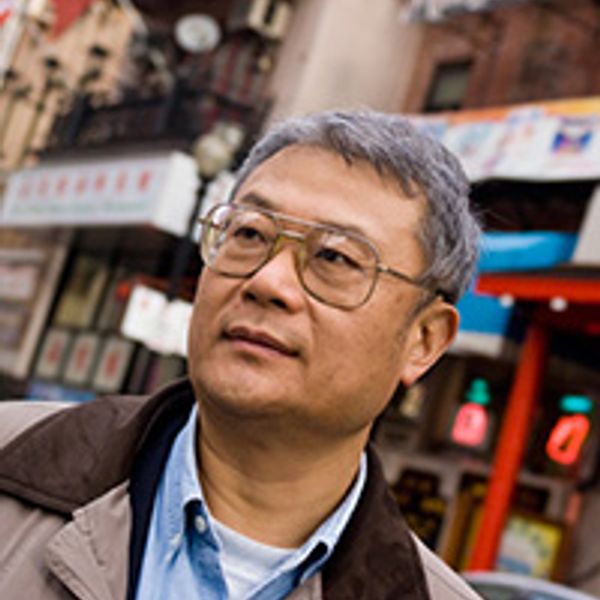Lia Purpura, Parasol Mushroom (detail), featured in AGNI 102
So the wars went on for another century.
Under heaven roads sprang up, unconnected,
from three to eight feet wide,
impossible for vehicles to travel;
money also ran wild in form—
precious stones, shells, silk, bones;
scholars were busy inventing bizarre words
while people followed their own tongues
writing scripts of Worm,
of Vine, of Fish, of Cloud, of Bird.
As soon as the First Emperor conquered
the other kingdoms, he set standards
for coinage, roads, weights and measures.
His ministers advised him to fix
written words, which they argued
formed a foundation for the Empire
because a disordered official script
would cloud meanings, causing chaos.
The High Minister designed a script called
the Clerk Style, whose characters looked
august and simple, so his dictionary
of thirty-three thousand words
were carved on stone tablets while
all the other scripts were banned.
Misinscribers were caught and sent away
to build canals or the Great Wall
after their faces were cut or seared.
So today we write the same script
that is atemporal—a stone lyre
in the chorus of living tongues.
It has bound us together, synchronizing
our songs and shrieks, and kept hundreds
of dialects noteless on the page.

Ha Jin
Ha Jin’s most recent books are the novels The Boat Rocker (2016), A Map of Betrayal (2014), and Nanjing Requiem (2011). His writing first appeared in AGNI when he was a graduate student at Brandeis University. He has since published eight novels, six collections of poetry, four short story collections, and one book of essays. His novel Waiting (1999), based on his experiences during five years in the Red Army, won the National Book Award and the PEN/ Faulkner Award. He received the PEN/Hemingway Award for his first story collection, Ocean of Words (1996), and the Flannery O’Connor Prize for his second, Under the Red Flag (1997). In 2005 he received a second PEN/ Faulkner for War Trash and was elected to the American Academy of Arts and Sciences. He is the director of the Creating Writing Program at Boston University and a member of AGNI’s Advisory Board. (updated 5/2018)
Ha Jin’s story “My Best Soldier,” first published in AGNI 33, was reprinted in The Pushcart Book of Short Stories: The Best Short Stories from a Quarter-Century of the Pushcart Prize.
Read “On Language and Embracing Failure as a Writer: An Interview with Ha Jin” by Jessica Keener.
